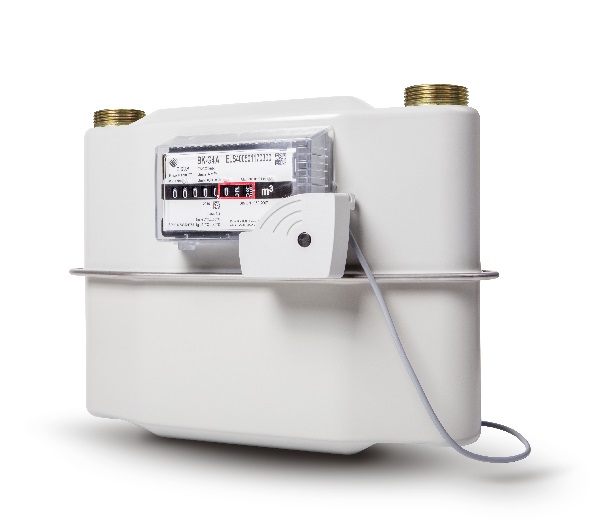
From Friday 1 July 2016, amendments to the laws of 1 August 2007 on the organisation of the electricity and natural gas market will require all network operators to install smart meters for any new client and to replace existing meters with smart meters.
Smart meters feature advanced technologies to measure in-depth the energy consumption and production of each house, in order to save count values and transmit the information via th existing electrical network to a central system which collects data and transmits it to the network manager concerned.
The operation of this central platform will be provided by the Luxmetering economic interest group which was established in 2012 by seven electricity and natural gas system operators, namely Creos Luxembourg SA, the city of Ettelbruck, the town of Diekirch, Electris, the city of Dudelange and Sudgaz.
The data is collected several times a day and transmitted in fully encrypted form daily by the network manager to the energy suppliers of end customers. Prepared in consultation with officials from the National Commission for Data Protection (DPA), the legal and regulatory framework will specify authorised treatment purposes and ensures that the data can not be transferred to third parties without prior consent from the consumer.
"Enhancing the security of supply and the reliability of energy networks, the smart meter is the first step towards the future realisation of smart grid projects, including for example electromobility and renewable energy and the implementation of the smart home concept," Étienne Schneider, Deputy Prime Minister and Minister of the Economy, commented at a press conference held on Tuesday. "An integral part of the energy transition, the new generation of meters is also an element of future technological infrastructure to set out the thought of Jeremy Rifkin which aims to link information technology, renewable energy and intelligent transport networks."
Smart meters are the basis for the provision of real-time information to consumers to enable the latter to monitor consumption and achieve energy savings by adapting their habits. Smart meters provide for remote energy consumption and therefore prevent agents from disturbing customers at their homes to read the counters.
The replacement of old meters will be done according to geographical area and will last until 31 December 2019 for electrical meters and until 31 December 2020 for natural gas meters, at the latest.
All customers will be notified by their network operator in writing before the replacement and installation process is carried out, free of charge.
To find answers to frequently asked questions, click here.
Top photo by Thomas Aubinet. Bottom photo by MECO (L-R): Paul Hoffmann, Étienne Schneider)








